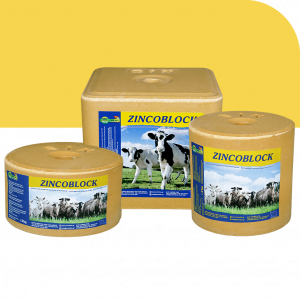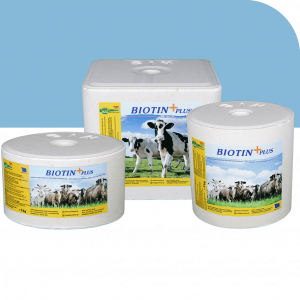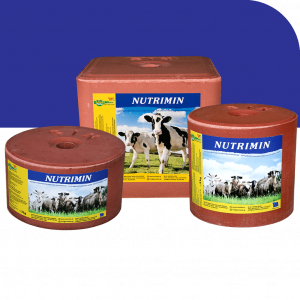
VITBLOCK
Minerals & Vitamins Licking Blocks
Minerals, Elements & Vitamins












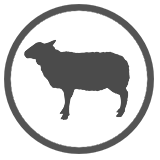
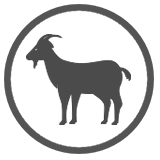
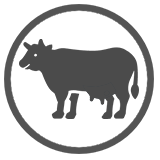
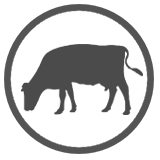
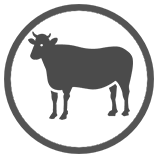
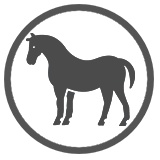

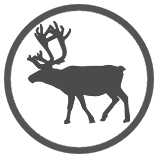

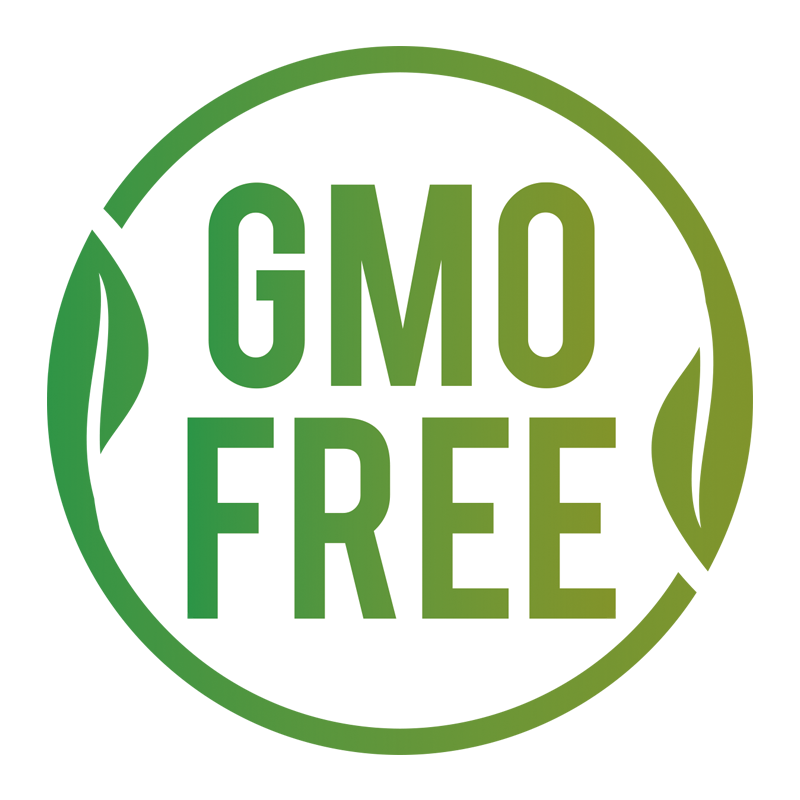

- Reproduction Improvement
- Health and Improved Growth
- Productivity Increasement
- High Disease Resistance
- Excellent Bone Formation
- Improvement of the Immunity System
- High Skin Quality
Benefits
A, D3 and E Vitamins as an ideal combination with all the minerlas, and the Trace Elements which are included in these blocks, act together offering to the animals top performance and high productivity results while at the same time they improve their immunity system for higher disease ressistance.
Nutrition Facts
Composition
Sodium Chloride, Dicalcium Phosphate, Calcium Carbonate, Magnesium Oxide, Molasses (Sugar beet)
What is improving
Sodium
Selenium
Calcium
Phosphorus
Zinc
Vitamin A
Vitamin D3
Vitamin E
Case Study
Suitable for
Sheep, Goats, Dairy Cows, Dry Cows, Cattle / Beef, Horse, Camel, Wild / Prey
Available Colors
Packaging

Box of 8pcs x 3kg
3kg blocks wrapped in plastic film in box of 8pcs x 3kg

Box of 4pcs x 5kg
5kg blocks wrapped in plastic film in box of 4pcs x 5kg

10kg block
10kg blocks wrapped in plastic film with handle
VITBLOCK
Minerals & Vitamins Licking Blocks
Minerals , Trace Elements & Vitamins
![]()
![]()
![]()
![]()
![]()
![]()
![]()
![]()
![]()
![]()







